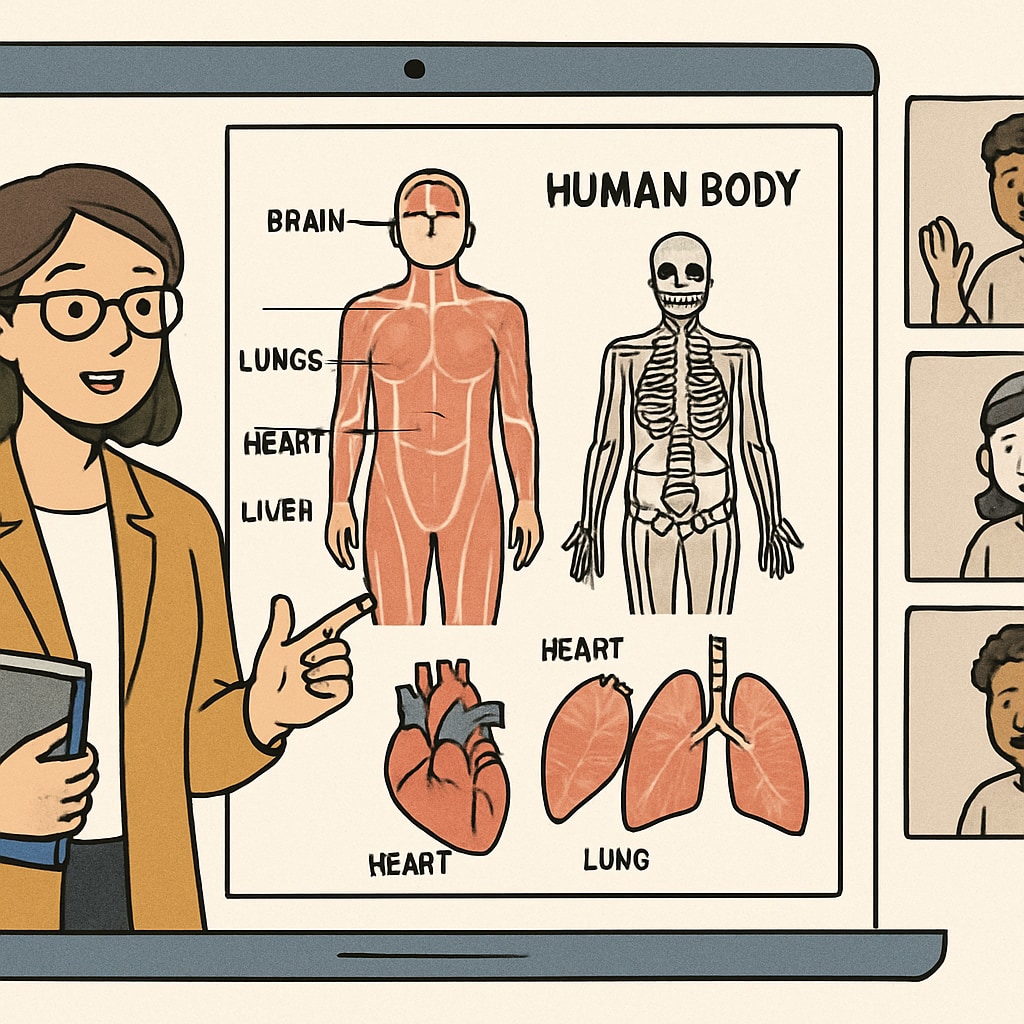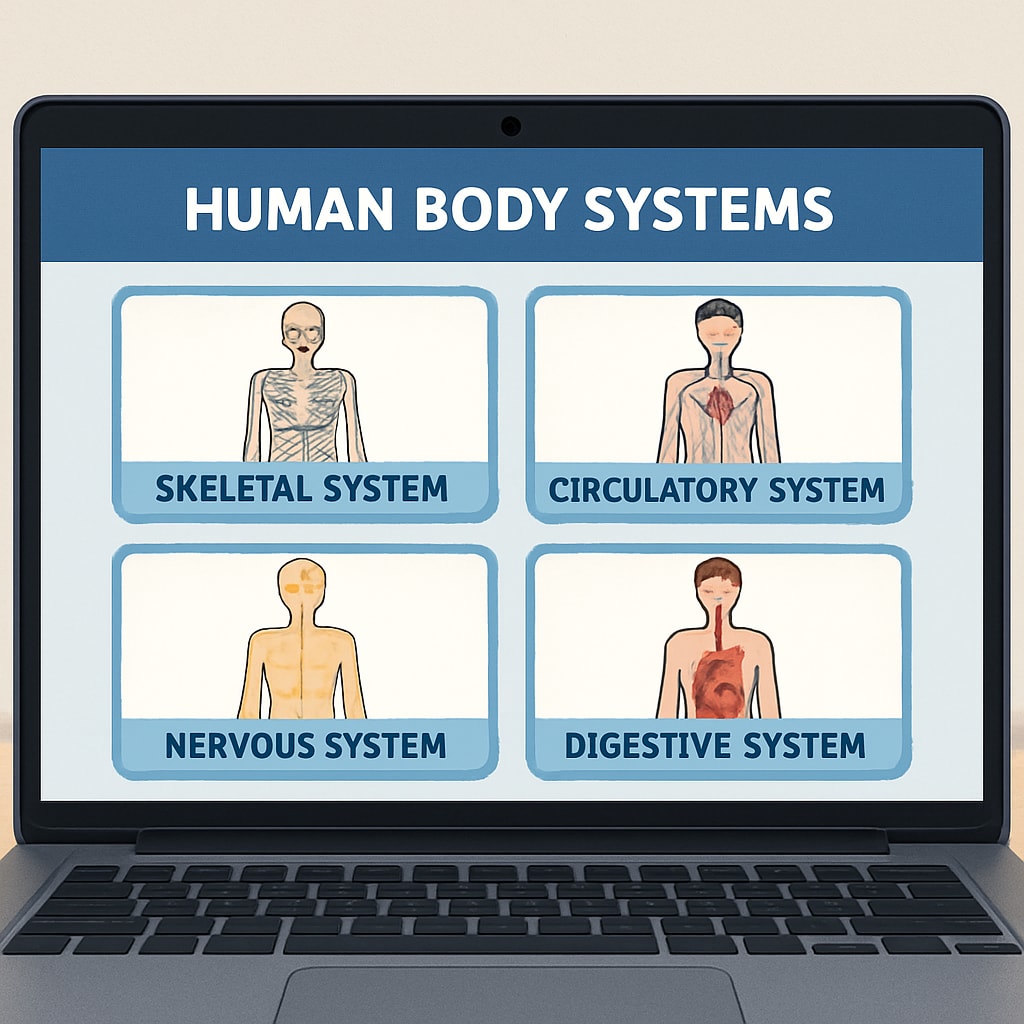Medical education is no longer confined to professionals in the field. As the importance of health awareness grows, accessible resources for non-medical professionals are becoming increasingly vital. For K12 educators and students, especially those without a medical background, online courses and structured educational content offer an excellent opportunity to build a strong foundation in medical education.
Why Medical Education Matters in K12
Incorporating medical education into K12 learning serves multiple purposes. It not only promotes general health awareness among young learners but also encourages critical thinking and scientific understanding from an early age. As a result, students are better prepared to make informed decisions regarding their health and well-being. Educators, however, may face challenges in accessing appropriate resources, especially if they lack a medical background.
- Medical education fosters scientific literacy and critical thinking.
- Early exposure to health topics promotes long-term well-being.
- Accessible resources bridge gaps for non-medical educators.
For example, platforms like Khan Academy and Coursera offer health-related courses tailored for beginners, making them ideal for educators and students alike.

How Online Courses Address Resource Gaps
One of the biggest advantages of online learning is its ability to level the playing field. Non-medical professionals can access structured medical education content that addresses their specific needs. These courses often include interactive modules, visual aids, and assessments to ensure a comprehensive learning experience.
Additionally, many platforms are designed to be user-friendly, requiring no prior knowledge of medical science. They cover essential topics such as anatomy, nutrition, mental health, and first aid, allowing students to gain practical knowledge applicable to their daily lives.
- Interactive modules simplify complex medical concepts.
- Courses are tailored for beginners, requiring no prior expertise.
- Assessments help track progress and reinforce learning.
For instance, resources like edX offer beginner-friendly health courses taught by experts, making advanced topics more accessible.

Tips for Building a Strong Medical Knowledge Foundation
To maximize the benefits of medical education in K12 settings, both educators and students should adopt a strategic approach. Below are some practical tips:
- Start with Fundamental Topics: Focus on basic concepts such as hygiene, nutrition, and first aid to build confidence before moving to more complex areas.
- Leverage Visual Tools: Use diagrams, videos, and interactive simulations to make learning engaging and memorable.
- Encourage Active Participation: Group discussions and hands-on activities foster better understanding and retention.
- Utilize Trusted Resources: Stick to reputable platforms like Khan Academy, edX, or Coursera to ensure the accuracy and reliability of information.
By following these steps, educators can effectively nurture a scientific mindset in their students while simultaneously enhancing their own understanding of medical topics.
Conclusion: Empowering Non-Medical Professionals
Providing medical education to non-medical professionals, particularly within K12 settings, is an essential step toward fostering a healthier and more informed generation. Online courses and accessible resources bridge the gap between professional medical knowledge and everyday understanding, making it easier for educators and students to engage with these critical topics. As a result, we can create a future where medical literacy is not a privilege but a fundamental part of education.
In a world where health awareness is paramount, embracing accessible medical education resources is not just an option; it is a necessity. By leveraging online platforms and prioritizing foundational topics, even non-medical professionals can successfully teach and learn the essentials of medical science.


